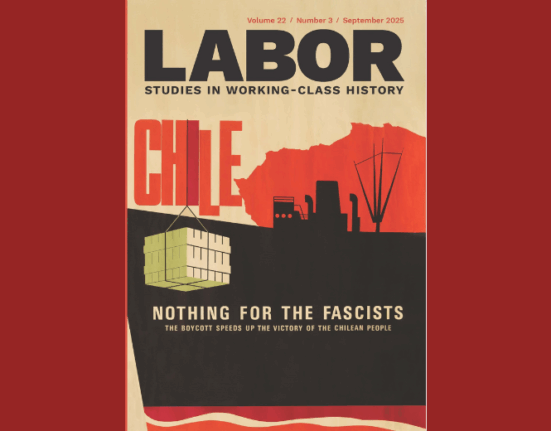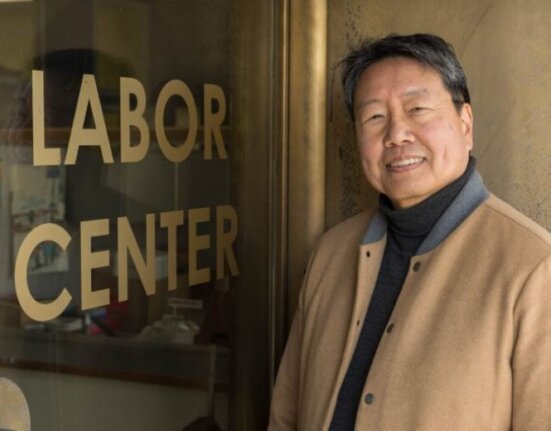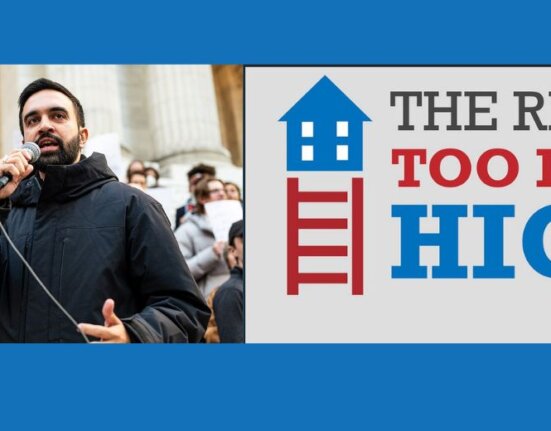Yesterday, the Supreme Court issued two 5-4 decisions. The first, Harris v. Quinn, ruled that home health care workers are partial state employees and thus do not have to pay union dues, effectively creating right to work for a specific type of public employees. The second case, which received the most public attention, was Burwell v. Hobby Lobby, in which the Court upheld employers’ religious objections to the contraception mandate in the Affordable Care Act.
While the two cases may seem quite different, we should see them as interlocking. Sarah Jaffe has more on this.
The conservatives pushing both of these cases would have you believe that these are cases about freedom—the freedom to avoid a union, the freedom to practice religion. And yet what they wind up being about is reducing power on the job for thousands of mostly women, mostly low-paid workers across the country.
Attacks on all workers’ rights often come first through attacks on those deemed less important workers. When we decide that birth control isn’t a pivotal issue because it only affects some workers, or that homecare workers’ loss is not a loss for us all, we leave the door open for the next attack.
And so, in a country where these feminized personal service jobs are increasingly the only jobs available, the court continues to rule that workers’ rights are less important than the bosses’, that protections on the job are a luxury working-class women can’t afford.
Jaffe is correct. Many, perhaps most, home care workers are women of color, often undocumented migrants. Most Hobby Lobby employees affected by this ruling are also working women who often cannot afford birth control without insurance coverage, especially IUDs. In both cases, the old right-wing men of the Court decided to sacrifice the ability of these women to express power, whether through their union or their bodies, to control their own lives. Both cases also attempt to reject the idea of health care as a collective responsibility, throwing it back on the people less able to access our expensive healthcare system that exacerbates class differences and leads to early death for millions.
Both cases are only partial victories for conservatives. I think if there were 5 votes to overthrow Abood v. Detroit Board of Education, the 1977 ruling requiring public sector workers to pay dues to the unions representing them, it would have happened here. Instead, Alito opens the door for more challenges to public sector unionism, as Moshe Marvit discusses here. But both cases also contribute significantly to the right-wing war on women and workers. Alito’s opinion in Burwell explicitly limiting the religious exemption to contraception is particularly laughable because he is not even hiding the real motivation–his personal discomfort with women having sex without consequences. Yet so long as this court remains with its current membership, anything we do to increase the power of working people in this country will likely be tossed out as unconstitutional, regardless of whether it actually violates any reasonable interpretation of the Constitution.
Finally, it is worth noting that for all the disappointment many of us in labor feel in the Obama Administration, for not pushing for the Employee Free Choice Act and Obama’s wish to create the Trans-Pacific Partnership among other things, the distance between Ruth Bader Ginsburg and Samuel Alito is vast and thus which of the two parties controls the White House has enormous implications on the real lives of working people, especially working women.






